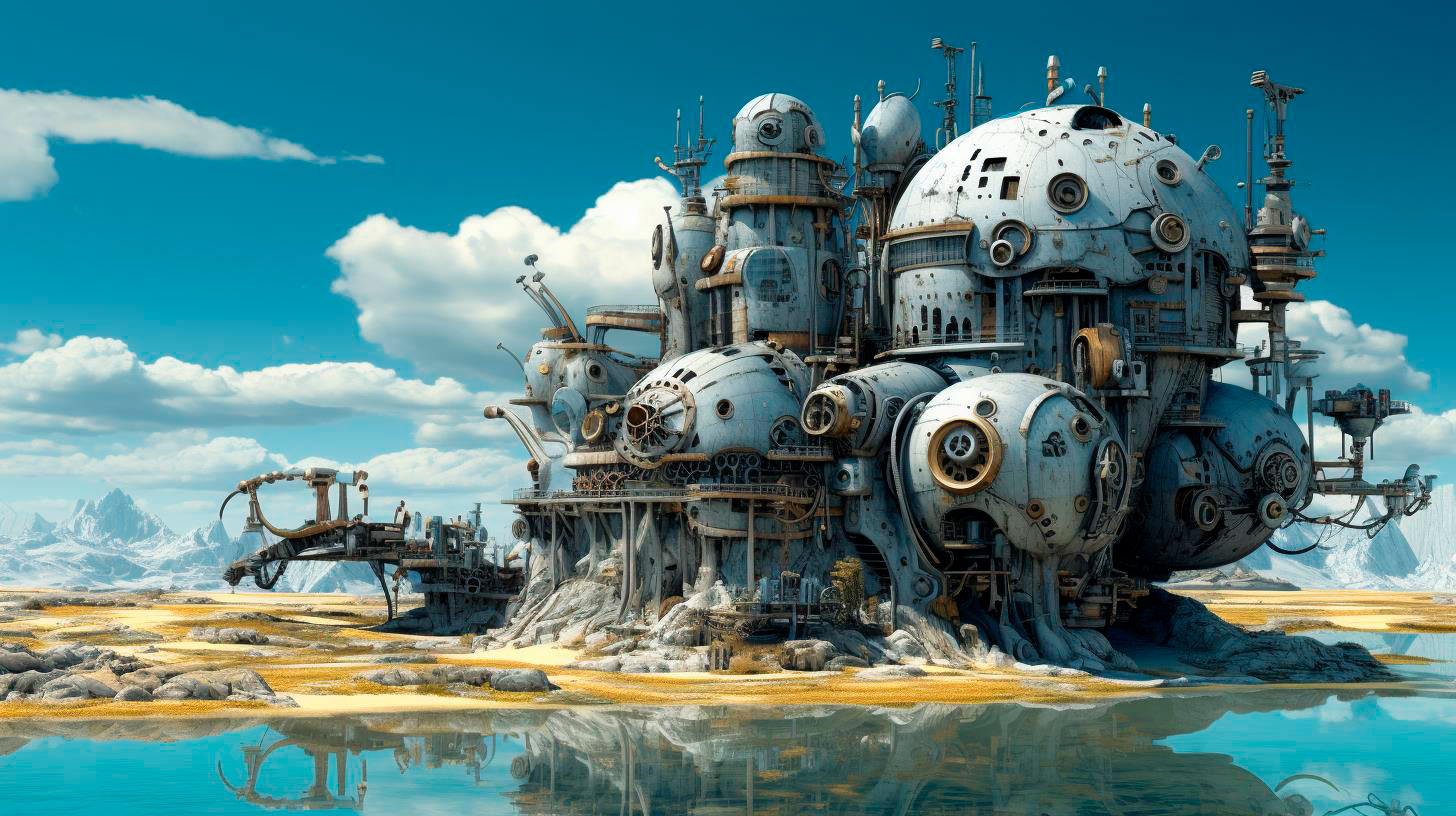However, when it comes to sustainability, nuclear energy offers several key advantages that cannot be ignored. This article will explore the potential of nuclear energy in fostering sustainable development and finding common ground among stakeholders.
The Role of Nuclear Energy in Sustainability
Nuclear energy is often overshadowed by renewable sources such as solar and wind power when discussing sustainability. However, there are several compelling reasons why nuclear power should be considered an essential part of the sustainable energy mix:
- Low Carbon Emissions: Nuclear power plants do not emit carbon dioxide or other greenhouse gases during electricity generation. According to the International Atomic Energy Agency (IAEA), nuclear power is the largest source of low-carbon electricity worldwide, helping to reduce global CO2 emissions by over 2 billion tons annually.
- High Energy Density: Nuclear energy is incredibly efficient, with a much higher energy density than fossil fuels. A small amount of nuclear fuel can produce a significant amount of electricity, reducing the need for vast mining operations and the associated environmental impacts.
- Continuous Power Generation: Unlike wind and solar, nuclear power plants can provide a stable and reliable source of electricity throughout the day and night, regardless of weather conditions. This baseload power helps to maintain grid stability and meet the ever-increasing energy demands of modern society.
The Challenges and Solutions
Despite its advantages, nuclear energy faces significant challenges that hinder its widespread acceptance. These challenges include concerns about safety, radioactive waste disposal, and the potential for nuclear accidents. However, many of these concerns can be addressed through technological advancements and stringent safety regulations. The following are some key solutions and innovations in nuclear energy:
- Advanced Reactor Designs: Next-generation nuclear reactors, such as small modular reactors (SMRs) and advanced fast reactors, are being developed to improve safety, reduce waste, and increase efficiency. These designs incorporate passive safety features, enhanced cooling systems, and advanced fuel cycles to mitigate the risks associated with traditional nuclear reactors.
- Nuclear Waste Management: The issue of radioactive waste disposal is a significant challenge for the nuclear industry. However, innovative solutions such as deep geological repositories and advanced reprocessing technologies can reduce the environmental impact and long-term risks associated with nuclear waste storage.
- International Collaboration: Sharing knowledge, best practices, and regulatory frameworks among countries is crucial for developing safe and sustainable nuclear energy programs. International cooperation can also help in addressing potential security concerns and preventing the proliferation of nuclear weapons.
The Way Forward
Striking a balance between nuclear energy and sustainable development requires a multidimensional approach. The following key takeaways can help pave the way for nuclear energy’s sustainable future:
- Policy Framework: Governments need to establish clear and consistent policies that support the development of nuclear energy alongside other renewable sources. Implementing long-term strategies and providing regulatory certainty will attract necessary investments and foster innovation.
- Public Engagement: Building public trust and understanding is crucial for wider acceptance of nuclear energy. Governments, industry stakeholders, and advocacy groups should engage in open and transparent dialogue to address concerns and educate the public about the benefits and risks associated with nuclear power.
- Education and Research: Investing in nuclear education and research is essential to overcome existing challenges and drive further advancements in the field. Collaboration between academia, industry, and research institutions can accelerate the development of safer and more sustainable nuclear technologies.
In conclusion, nuclear energy has the potential to play a significant role in achieving sustainable development while mitigating climate change. By leveraging its low-carbon emissions, high energy density, and continuous power generation, nuclear power can complement renewable energy sources and contribute to a more resilient and secure energy future. Embracing technological innovation, addressing safety concerns, and fostering international cooperation are key to realizing the full potential of nuclear energy in a sustainable world.
For more information on nuclear energy’s role in sustainability, visit the World Nuclear Association’s website:
World Nuclear Association
